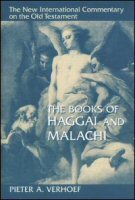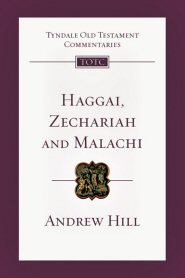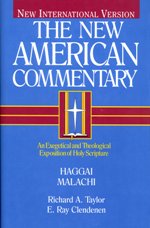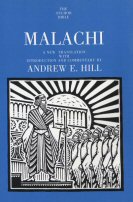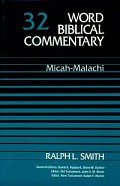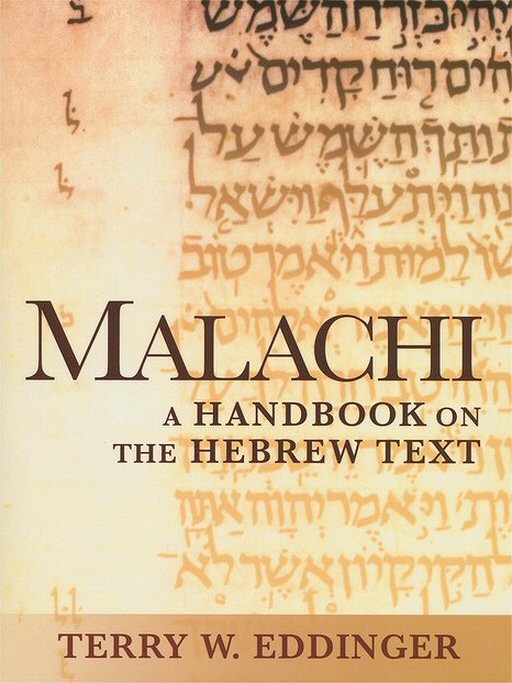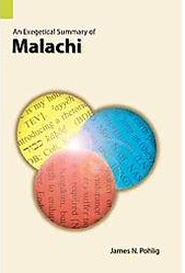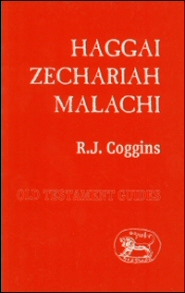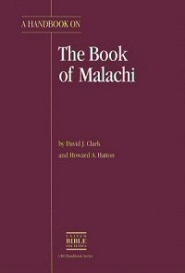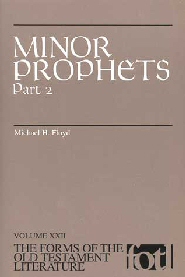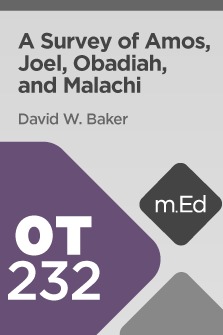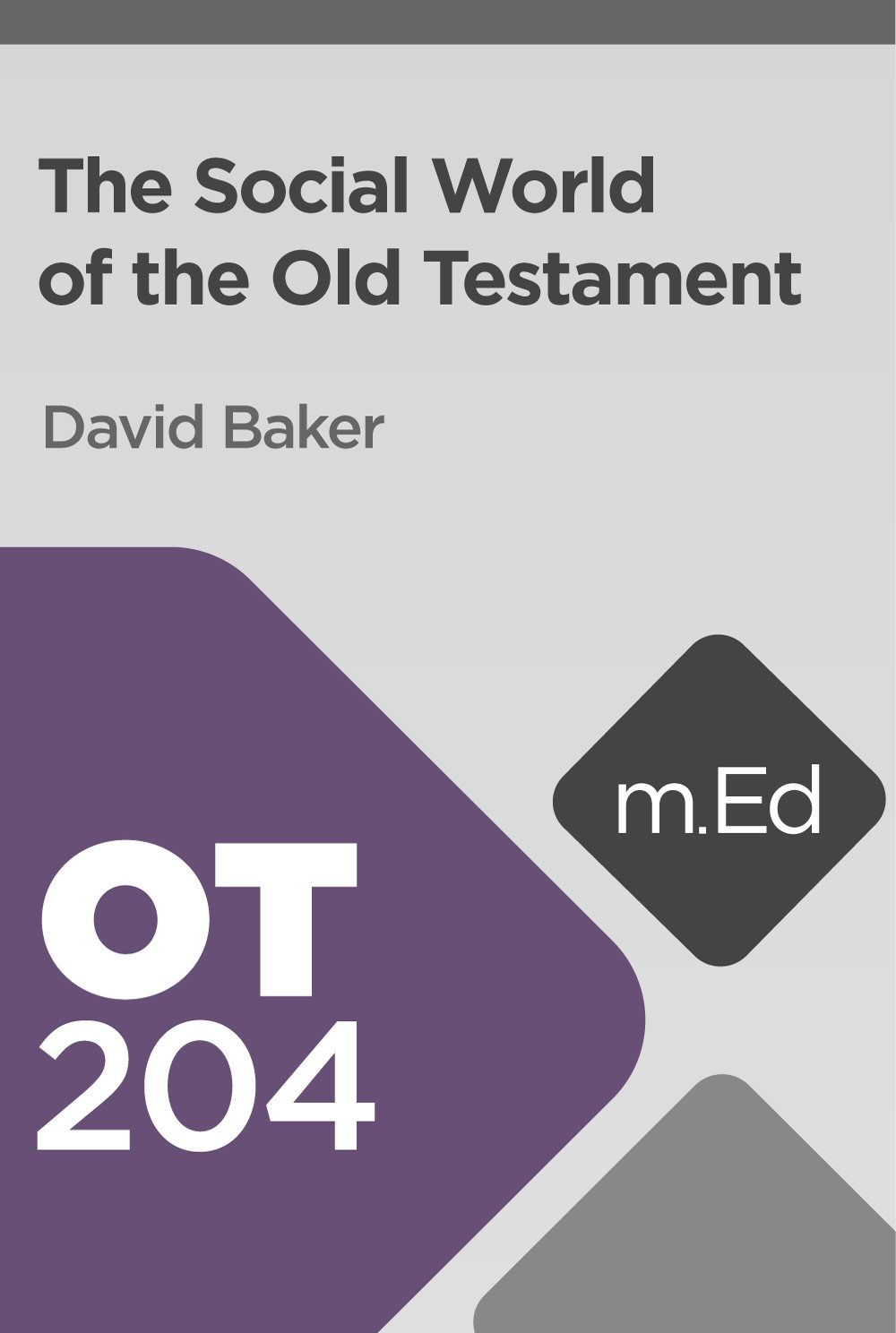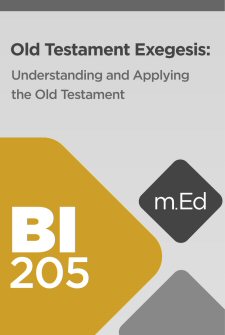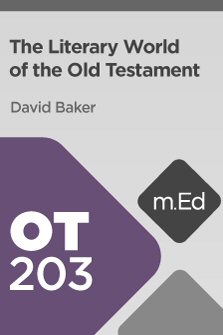Nahum and Malachi
The Nahum-Malachi Expository Preaching Kit (L) helps you plan an expositional sermon series with a trifecta of core resources in each of the Expository Preaching Kits: commentaries, Bible dictionaries, and sermon outlines. Each kit includes commentaries from Ancient Christian Commentary on Scripture (ACCS) and the Preacher’s Outline & Sermon Bible (POSB), as well as reference resources like The Oxford Handbook of Biblical Studies, Dictionary of the Old Testament: Prophets (IVP Bible Dictionaries), and Carta's New Century Handbook and Atlas of the Bible . This kit includes everything in Nahum-Malachi Expository Preaching Kit (M) plus additional resources like multiple volumes fron the New International Commentary on the Old Testament (NICOT), Haggai, Zechariah, & Malachi (Apollos Old Testament Commentary | AOT), Glory in Our Midst, A Biblical-Theological Reading of Zechariah’s Night Visions, Habakkuk (The Two Horizons Old Testament Commentary | THOTC), and more.
Small
Medium
Large
